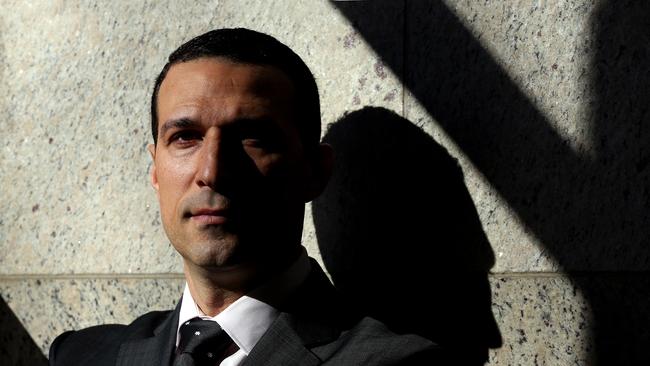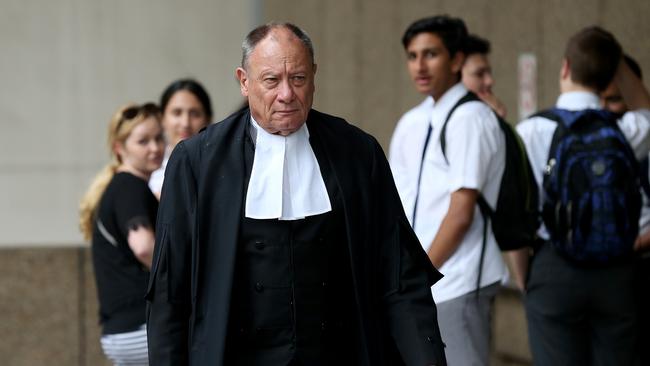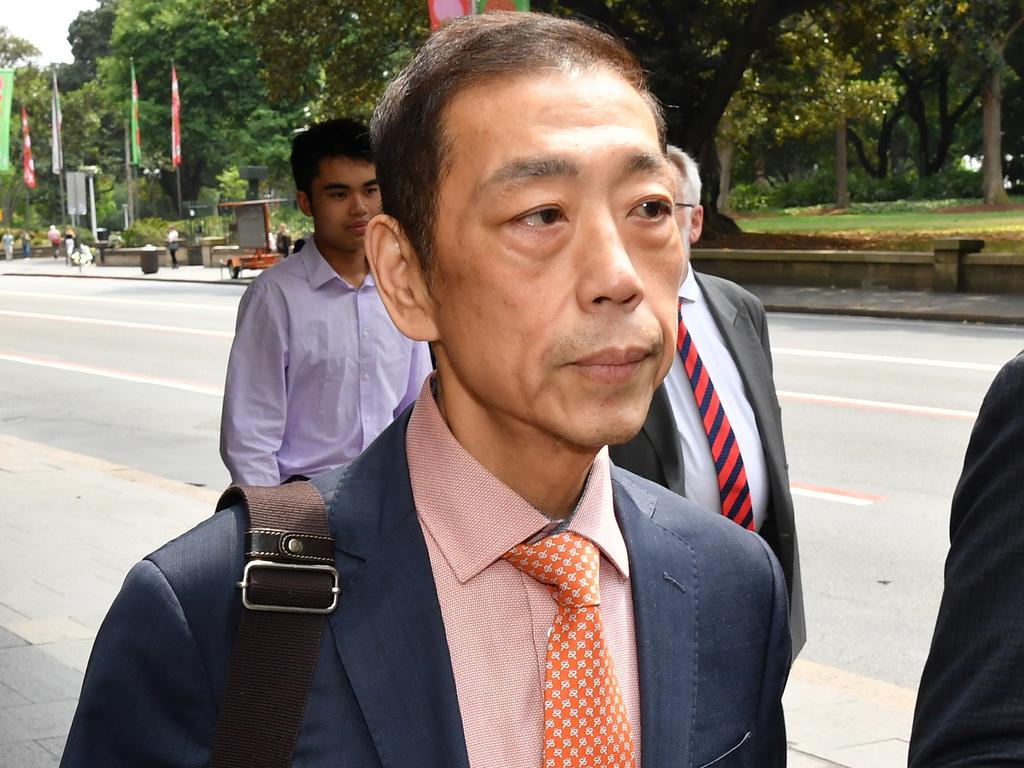Reputations ruined by corruption-buster with ‘delusion of infallibility’
The nation’s most powerful corruption-busting body has turned into a parallel system of justice, leaving some without a mechanism to clear their names.

The nation’s most powerful corruption-busting body has turned into a parallel system of justice and left some public servants without a mechanism to clear their names, a submission to a NSW parliament inquiry says.
The inquiry, led by Liberal MP Tanya Davies, is examining the reputational impact of being adversely identified by the Independent Commission Against Corruption in NSW, and whether an exoneration protocol should be developed to protect a named person’s character.
The Rule of Law Institute wrote in its submission to the inquiry that ICAC’s corruption-fighting goals had been undermined by a “delusion of infallibility”. The conservative legal think tank said the corruption watchdog imposed one of the most severe penalties that could be inflected on an innocent person: a public taint of corruption.
The ICAC had also ruined careers and “hobbled” businesses and those people in them without an adequate means of redress.
Charif Kazal, a businessman found by ICAC to have given false testimony, said the reputational wounds ran deep, despite the Director of Public Prosecutions later deciding there were no grounds for prosecution.
“I was hung out to dry (and) basically labelled a criminal,” Mr Kazal told The Australian. “There should be an exoneration protocol for innocent victims once it becomes clear that ICAC has failed to gather any evidence.”
ICAC former inspector John Nicholson later found that Mr Kazal had been “stigmatised and shamed” by the watchdog.
At the time, prosecutors told ICAC there was insufficient evidence to justify charging Mr Kazal with an offence, yet he said his integrity had already been damaged “beyond repair”.
“There’s no mechanism to rectify an injustice, which makes it really hard to go on with your life when you’re named,” he said.

A NSW parliament discussion paper released in May found an “exoneration protocol” would be one possible remedy to address the reputational impact of being named by ICAC.
Under the proposal put forward by the Rule of Law Institute, an exoneration would be available only if a criminal conviction failed to materialise following an anti-corruption probe.
It would also have to be triggered by a successful application to the NSW Supreme Court.
In the past, successive state governments have resisted calls to introduce an exoneration protocol while similar inquiries have found that it would “not be appropriate”.
The ICAC’s current inspector, Bruce McClintock SC, said an acquittal of criminal charges did not mean a person had been exonerated from a finding of corruption.
“The reason is that the ICAC is entitled to take account of evidence which is not admissible in criminal proceedings,” he wrote to the ICAC committee in November. “The privilege against self-incrimination does not apply in ICAC hearings and witnesses can be compelled to answer questions that may well have that effect.”
Mr McClintock said an acquittal did not “necessarily or probably” mean that a finding of corrupt conduct had been wrong.







To join the conversation, please log in. Don't have an account? Register
Join the conversation, you are commenting as Logout